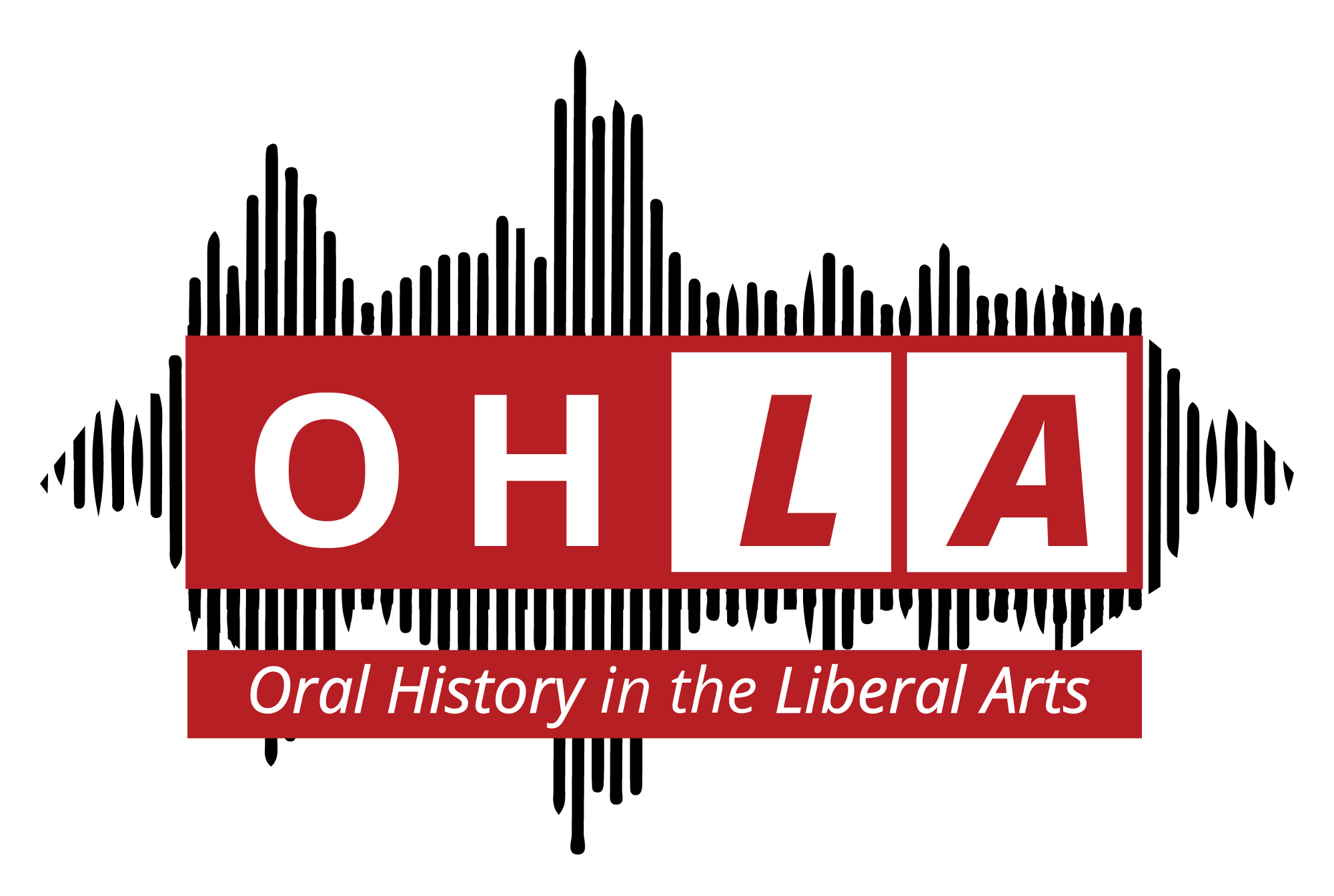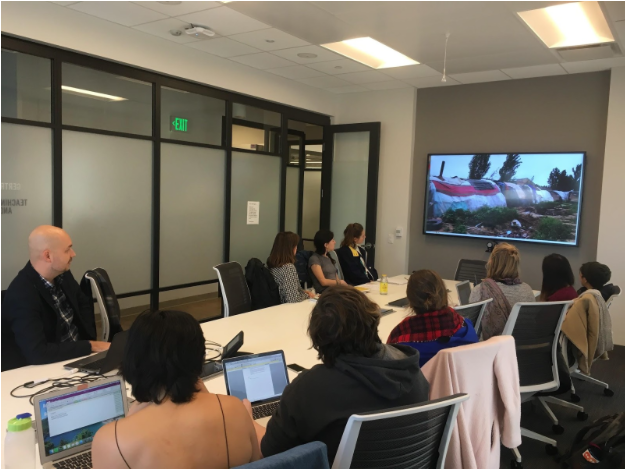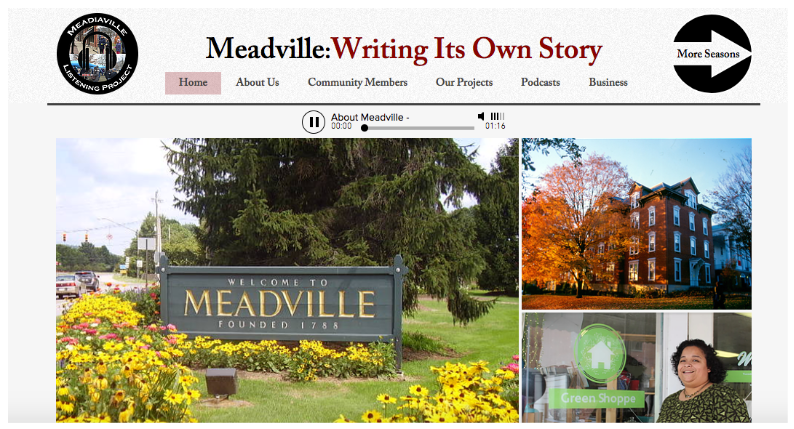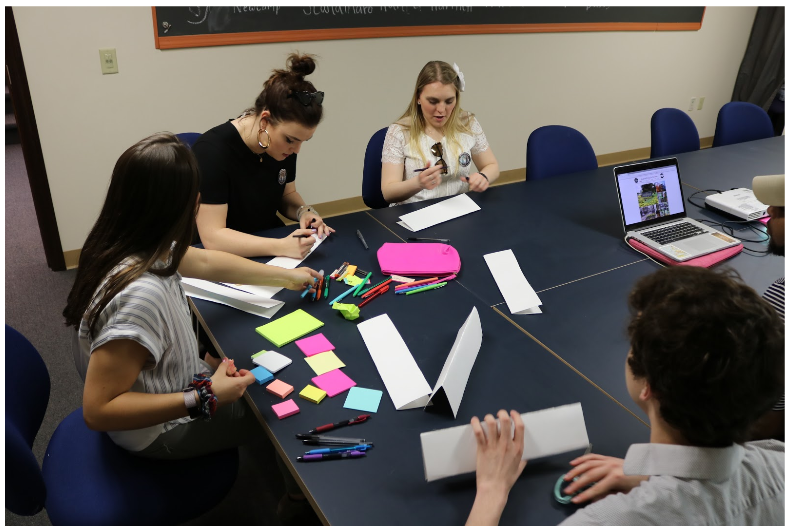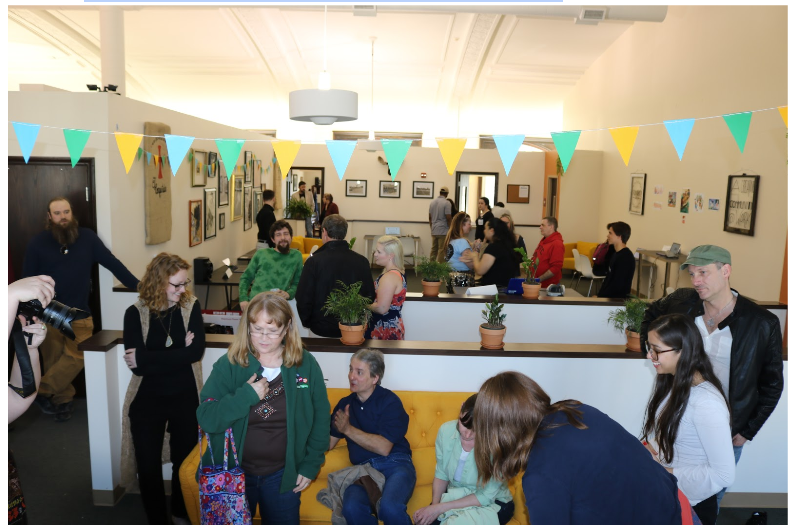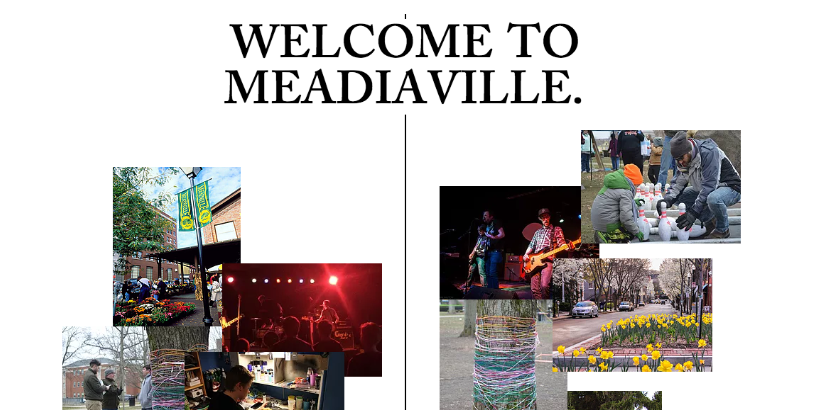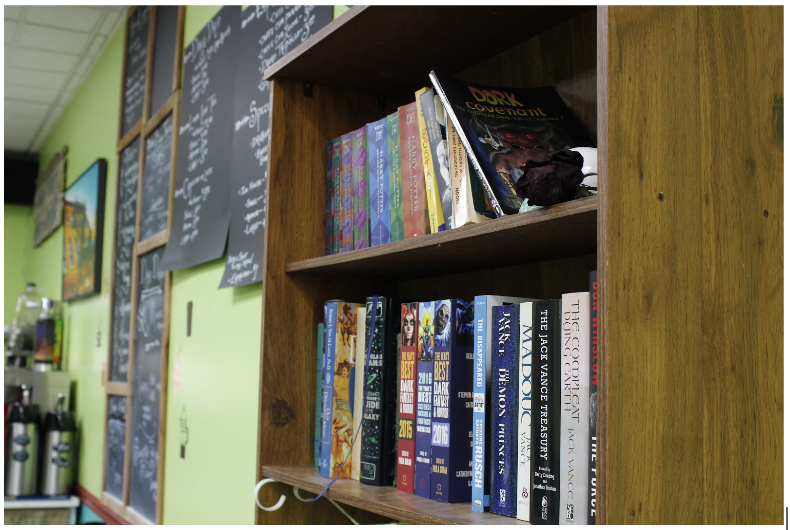I am Ernest Cole and I began teaching at Hope College in July 2008 as assistant professor of English on tenure track. I hold a Ph. D. from the University of Connecticut, 2008 and specialize in post-colonial literature with particular emphasis on Sub-Saharan Anglophone African literature; disability studies with a focus on the disfigured body, violence and trauma; and travel and empire studies, especially Victorian literature and its intersections with world literature.
I got tenured in 2014 and I am currently the Director of Global Learning and Chair of the Department of English. My research focuses primarily on post-apartheid South Africa, but I am also interested in body and trauma studies, especially the ways in which bodily injury shapes identity. I am presently working on spatial theory as a construct of national and diasporic identities in post-conflict Sierra Leone.
Since my current research project is on narratives of history and trauma in post-conflict Sierra Leone, I am drawn to the OHLA project because it offers me the possibility of using oral histories of amputees of the Sierra Leone civil war between 1991 and 2002 to explore stigma, trauma and reconciliation. In this regard, I use oral history in curricular development for team teachers and integrate undergraduate students in the Mellon Scholars program at Hope College into the Sierra Leone Amputees project. As part of the OHLA project, I will utilize the facilities available in his institution, especially the New Media Studio at the Hope College Van Wylen Library, to digitize data already collected and create an archive that will showcase the pedagogical value of practice, process, scholarship, and publishing.
In terms of oral history methodology, I am interested in what I call “the intersection of oral history with trauma and body studies.” Given the amputations in the civil war in Sierra Leone and the bodily disfigurement of thousands of people, I use narratives of traumatic events through digital storytelling to engage history, deconstruct hegemony, and reconfigure identities. My theoretical framework for working with trauma and body studies is constructed around storytelling and drawn primarily from Cathy Caruth’s seminal text Listening to Trauma: Conversations with Leaders in the Theory and Treatment of Catastrophic Experience, Laurie Vickroy’s Trauma and Survival in Contemporary Fiction (2002), and Ernest Cole’s Theorizing the Disfigured Body: Mutilation, Amputation, and Disability Culture in Post-Conflict Sierra Leone (2014). From the theoretical constructs postulated by these writers, I will develop and publish learning modules from narratives of history on the OHLA website. These modules will be constructed from an interdisciplinary perspective on the topic “Violence, Trauma, and Recovery in Post-Conflict Societies” and will include disciplines like history, cultural studies, disability studies, literature, theology, psychology, and sociology to reframe narratives of reconciliation and disability in Sierra Leone.
From the OHLA project, I intend to pursue oral history methodologies in practice and adopt new pedagogies in the teaching of oral history by refining and extending learning modules as pedagogical tool for use in interdisciplinary classroom situations.
